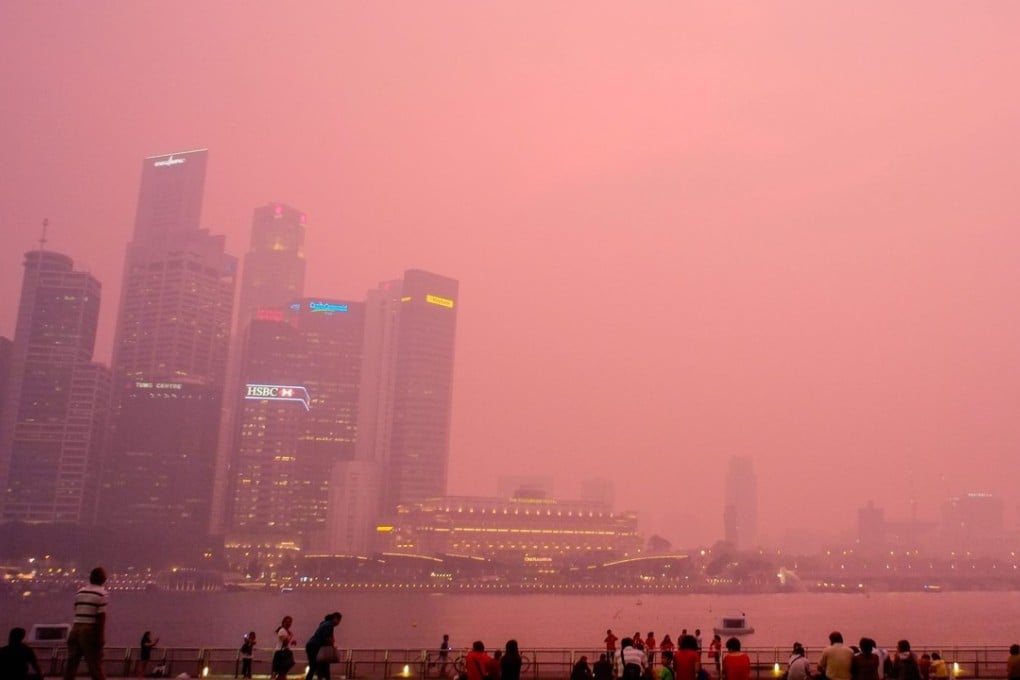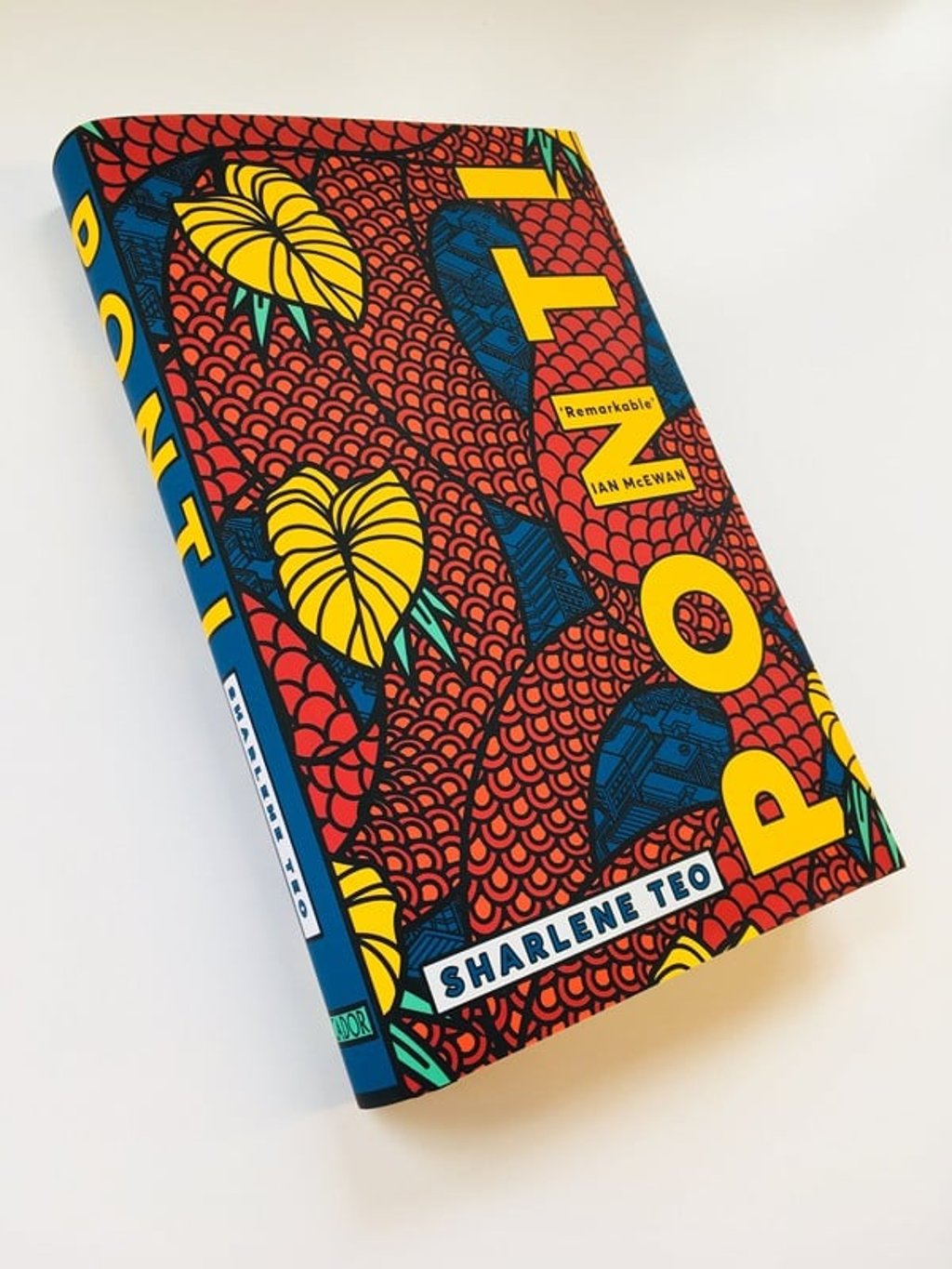Advertisement
Review | Ponti is a great Singaporean novel – compelling, evocative coming-of-age tale and portrait of a nation
Sharlene Teo’s novel, told through the voices of three women and its title short for pontianak – the man-hunting female ghoul of Malay legend – is a book to enjoy line by line, so vivid and spot-on are its descriptions and observations
Reading Time:4 minutes
Why you can trust SCMP

Ponti
by Sharlene Teo
Picador
Advertisement
4.5 stars

Advertisement
Sharlene Teo won the inaugural Deborah Rogers Writers Award (established in honour of the late London literary agent) in 2016 for an extract from her work-in-progress, Ponti, set in her native Singapore. The UK-based writer’s novel has finally been published.
Advertisement
Select Voice
Choose your listening speed
Get through articles 2x faster
1.25x
250 WPM
Slow
Average
Fast
1.25x